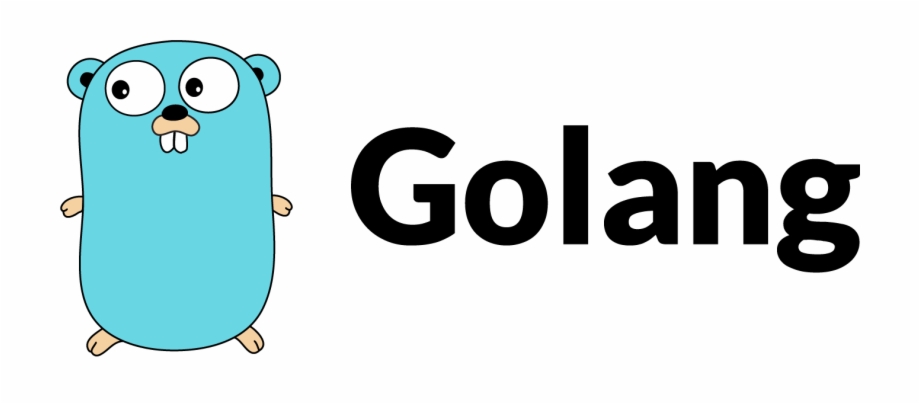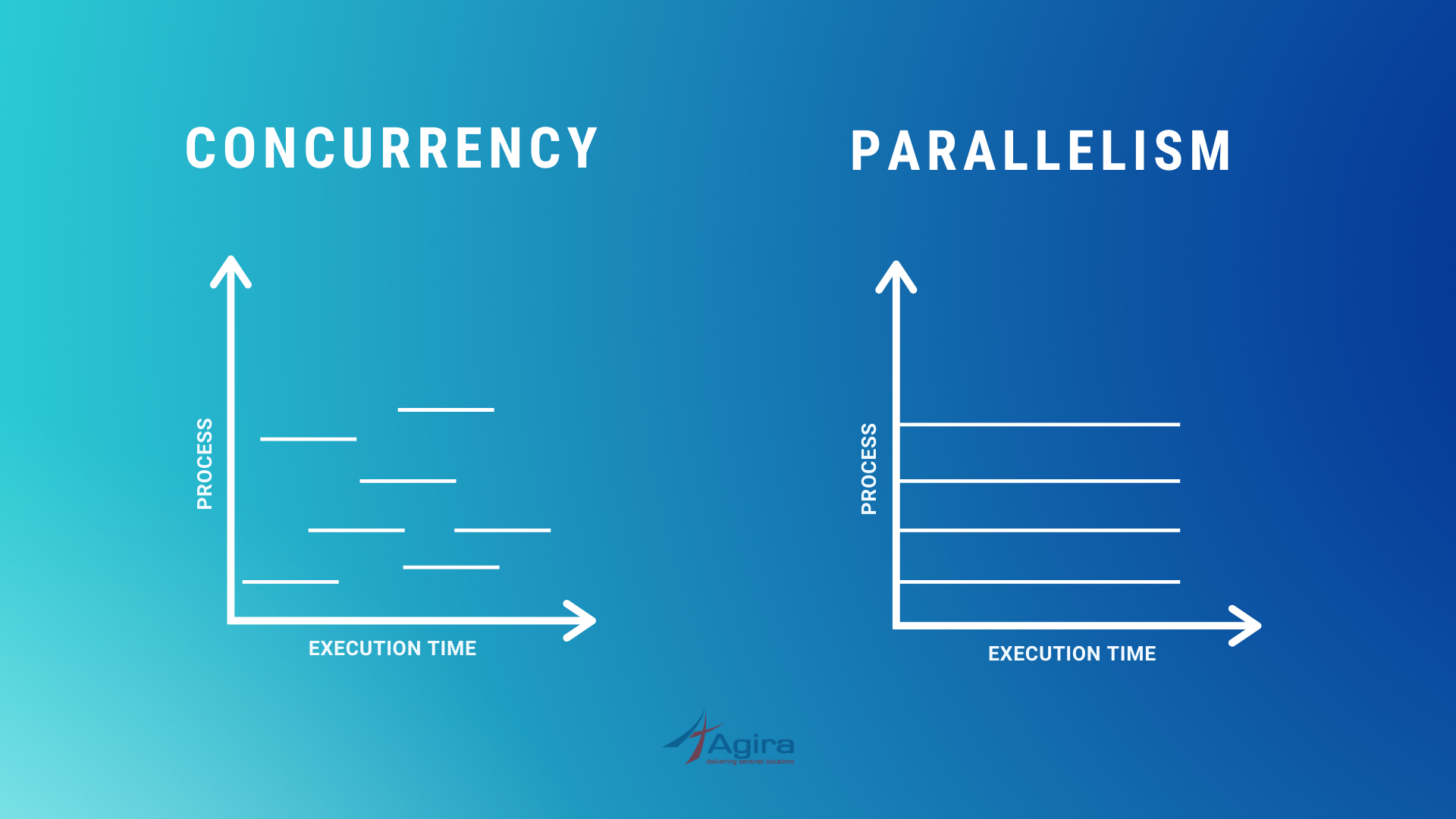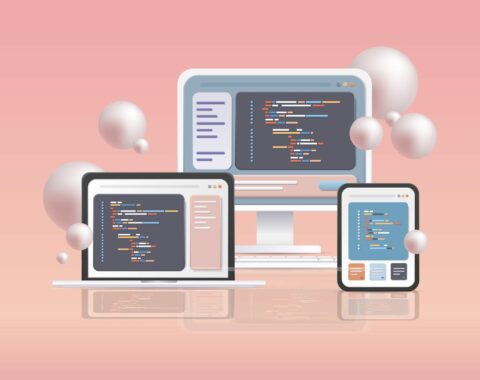Table of Contents
Choosing the best programming language will be a substantial decision for any software development. At the beginning of any project, the developers discuss the requirements for their software development project. Even though there are popular options available such as PHP, C++, JavaScript, Golang, and Python. Most of the time Go and Python gets shortlisted as the end result among other programming languages.
Go and Python have some appealing features, which work with different approaches but few functions may vary significantly. But, what makes these languages to stack up against each other? Choosing between one can be difficult for someone who is not similar to the characteristics of each language.
Go vs Python, which programming language will take over the future of software development? However, these questions remain tangled in the minds of developers.
In this blog, we will take a stroll through the two programming languages in detail and compare the parameters and see what adds fuel to the incessant discussions of the developers. Before we move forward with the comparison let’s have an introduction of the two programming languages.
An Introduction to Go vs Python
What is Golang?
 Golang a.k.a Go is a computer programming language developed by Rob Pike, Ken Thompson, and Robert Griesemer at Google. It was introduced in 2009 to the public. Golang is the fastest-growing programming language of 2019. According to the report published by GitHub, Golang’s popularity is growing faster.
Golang a.k.a Go is a computer programming language developed by Rob Pike, Ken Thompson, and Robert Griesemer at Google. It was introduced in 2009 to the public. Golang is the fastest-growing programming language of 2019. According to the report published by GitHub, Golang’s popularity is growing faster.
Golang was aimed to create a language based on the syntax of the C programming language. Hence it would eliminate the additional garbage of languages such as C++. Go is a statically typed language, it has different features which forms the base of modern languages.
As it is static, it requires to declare the type of a variable before assigning to it. Golang inculcates features such as operator overloading, pointer arithmetic, and type inheritance. Golang has redefined and a powerful library with unparalleled performance and speed.
Pros and Cons of Golang Development
| PROS | CONS |
|---|---|
| Easy to code, minimal syntax | Does not support inheritance |
| Strong built-in security | Limited library support |
| Smart Standard library | Does not support object-oriented programming |
| Lightweight threads (Goroutines) | No GUI library |
What is Python?
 Python is a general-purpose programming language, It was created by a Dutch programmer, Guido Van Rossum.
Python is a general-purpose programming language, It was created by a Dutch programmer, Guido Van Rossum.
And has been around since 1991. Python’s evolution is a huge strike in web development, especially in the backend programming! Python is a critical language that is interpreted. Python tops the list of language rankings by the IEEE spectrum.
Python code is interpreted as it is converted to machine code at run time. Python was initially used for trivial projects and is known to be ‘Scripted language’. The strongly typed and dynamic features make it the most popular programming language.
Pros and Cons of Python Development
| PROS | CONS |
|---|---|
| Plenty of Open-source packages | Limited speed, Slow to execute |
| Enterprise application integration | Not suitable for mobile app development |
| Large user community | Not ideal for Memory-intensive tasks |
| Use in machine learning & AI | Design Restrictions |
But, Do you know what are the differences between these two languages. Let’s get down to the basic differences.
A Quick Comparison: Golang vs Python
| BASIS FOR COMPARISON | GOLANG | PYTHON |
|---|---|---|
| Paradigm | Concurrent, functional and procedural programming paradigm | Imperative, functional, reflective, procedural and object-oriented programming paradigm |
| Usage | Go is a system programming language, ideal for highly scalable network servers | Python is ideal for web and desktop applications |
| Object Orientation | Mild support for object orientation and functional concepts | First-class object-oriented programming and support for functional concepts |
| Memory | Go offers memory management | No memory management |
| Syntax | Based on opening and closing braces | Indentation to indicate coded blocks |
| Concurrency | In-built concurrency support | Lacks in-built concurrency support |
| Typed | Statically typed language | Dynamically typed language |
| Execution | Compiled | Compiled and Interpreted |
Golang vs Python: 7 Head-on Parameters
1. Performance
Go is a compiled language, which can interpret faster than Python. Although Python is a compiled, interpreted language, it is not as fast as Golang. But, Python is fast enough to develop software in limited project duration.
With a huge number of libraries, Python performs efficiently for basic development tasks. Golang comes with build-in features and it is more suitable for microservices software architectures.
Go and Python has a different approach in terms of concurrency. Golang has inbuilt concurrency support. It uses the goroutines, which doesn’t require much of the memory. Whereas, there is no inbuilt support of concurrency in Python and depends on a concurrency library.
2. Scalability
Scalability is another important factor to consider when using these languages for development. Golang was developed to make more scalable applications. The major purpose was to resolve problems that are at the scale at Google. It basically involves thousands of programmers working on a large server with thousands of clusters.
Golang comes with inbuilt concurrency to handle multiple tasks at the same time. Python uses concurrency but it is not inbuilt, It implements parallelism through threads. If you want an understand what is concurrency and parallelism, we’ll make it really simple for you. (Take a look at the image below)

Concurrency is when an application runs more than one task at the same time. The tasks are performed simultaneously inside the application. Parallelism is when an application split the task into smaller sub-tasks, which can be processed parallelly.
This difference makes it obvious that Golang is a suitable language to inherit the support of concurrency. If you are going to work on large and scalable projects.
3. Readability
Code readability is a major factor that needs to be taken into consideration if you are going to develop software with a team of developers. Python has fabulous readability. On the other hand, Golang also has versatile readability for programming.
In Golang development, there are strict programming rules to follow. It doesn’t allow unnecessary libraries to be imported. This leads to better coding experience when it comes to coding in large teams.
With Python, you can build more functions in fewer lines of code. Sometimes, you might get confused if the code is big and has more numbers.
4. Applications
Both programming languages have their own specific purpose. Similarly, Google’s Golang has been used for system programming. As it has the support of concurrency, developers use it for cloud computing and cluster computing.
Golang has gained generous support from the web developers for it’s powerful and easy use of libraries. With Go, golang developers set up web servers in a matter of seconds.
On the other hand, Python has been used for artificial intelligence, data analytics, deep learning, and web development. Python can be shipped with many amazing libraries, making it easier to use the language. It is ideal to build prototypes.
5. Libraries
Golang comes with built-in libraries that can be used only to an extent. In this case, Go fails to satisfy the programmers’ requirements. Developers face difficulties due to the absence of a framework that is required for the development.
Whereas Python has an insane number of libraries and frameworks that are available for developers. The two most popular Python frameworks are Flask and Django. You should definitely check out our comparison of Flask vs Django (Infographics).
Extensive libraries are one of the main reasons why Python is ranked as the popular programing language every year. There are packages such as Numpy for array handling and complex matrix functions, OpenCV for image processing, Matplotlib for visualization, Tensorflow for deep learning and more. There is another set of libraries used especially for data handling, web development, encryption, and concurrent programming.
6. Execution
Golang is a statically typed language in nature and Python is a dynamically typed language. Where Golang uses compiler and Python uses Interpreter respectively.
But what is the difference between the two?
In a statically typed language, variable types are declared to the compiler, even trivial bugs get caught easily. In a dynamically typed language, type interference is implemented by the interpreter. It is not possible to detect all the bug. The interpreter might convey the messages in an incorrect way which might lead to big issues.
If you are working on bigger projects it’s better to go with web development using Golang , because a developer might face certain limitations while using Python.
7. Community
Golang has been around for a while but it is much younger than Python. As Python is there from the beginning, it’s community has grown strong and big over the years. You have plenty of community support like third party libraries, tools, and numerous extensions. You can also find suitable programs to solve your issues easily, it can save you time and money.
Even though Golang was adopted very quickly, the community lacks extended libraries. But sufficiently, if run into a problem, there are high chances of someone would’ve already solved it. the Go community is continuously growing, so you can expect something good out there.
Who’s the Winner? Golang or Python
After comparing the parameters above, you might think! Will Golang wipe out Python? That’s a big NO! Because it is not that easy. Python is a multi-purpose language, clean and consistent. It has thousands of packages and an undeniable strong community. It is easy for beginners to learn and many developers love it. Both languages have their own specific purposes, it is better to understand the advantages and disadvantages to make the appropriate choice for your development project.
Golang with its concurrency and the ability to write server-side scripts, it outperforms Python. Geeks, like to work with Golang. It can handle a million requests in the backend and it has good deployment speed. Companies are switching to Golang purely for its performance.
If you ask, Is Golang an alternative to python? That’s a hell YES! Golang can replace python as the server-side language for building concurrent services.
Developers need to choose a programming language considering their nature and size of the development project. Python has plenty of libraries, tested in numerous environments to work productively. Golang has speed and concurrency, as it is designed to make scalable applications. It is possible for Python to achieve high concurrency.
Go is also catching up on the lacking aspects. Hence, both these languages are likely to evolve in the future of software development.
If you like to read more such technology comparisons, we have some handful of interesting comparisons that you might like.
- Angular vs React – Which Is Best For Web Development
- Ruby on Rails vs NodeJS – Which is the best for web development?
- MEAN Vs LAMP Which one for your next Programming Project
- Flask vs Django: A Comparison Of Python Frameworks
- Python Vs Java. What is the future with?
Agira Technologies a top-notch Web development company. We’ve completed various development projects with Golang and Python for businesses across the Globe. Have a project in mind, why not hire a developer to boost your business plans and take it to the next level.
To stay connected and read more exciting blogs, get your newsletter subscription now! Never miss enjoying our weekly feeds, trends and tech updates in your inbox.











